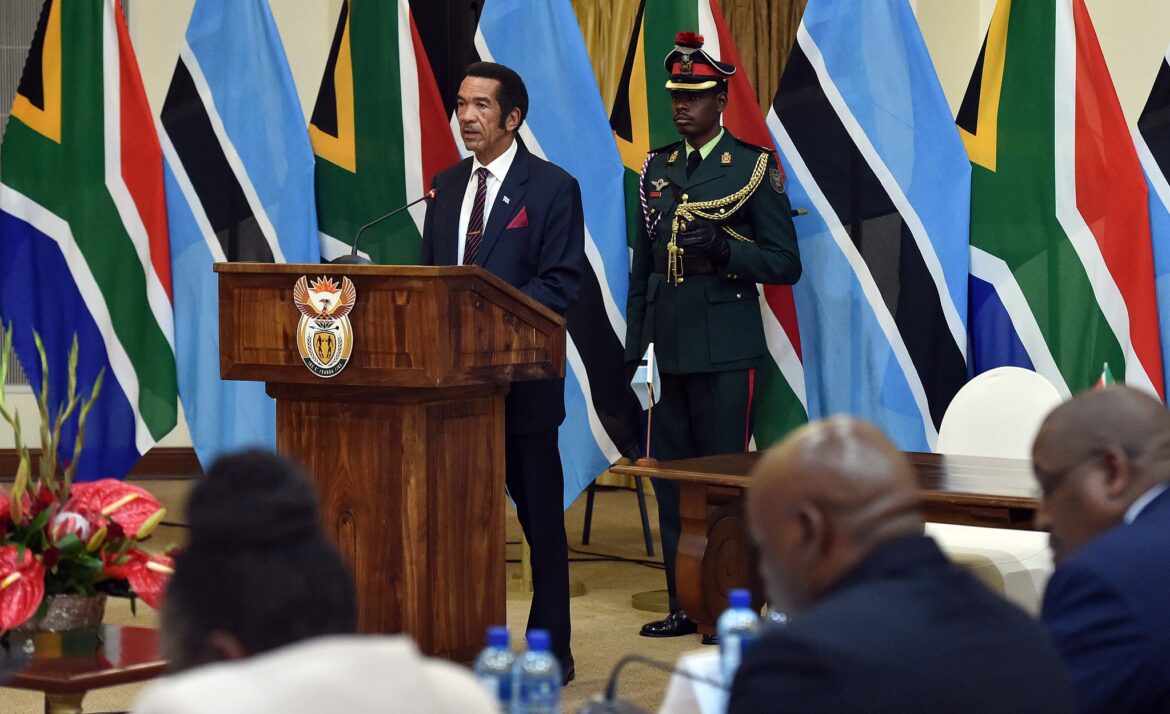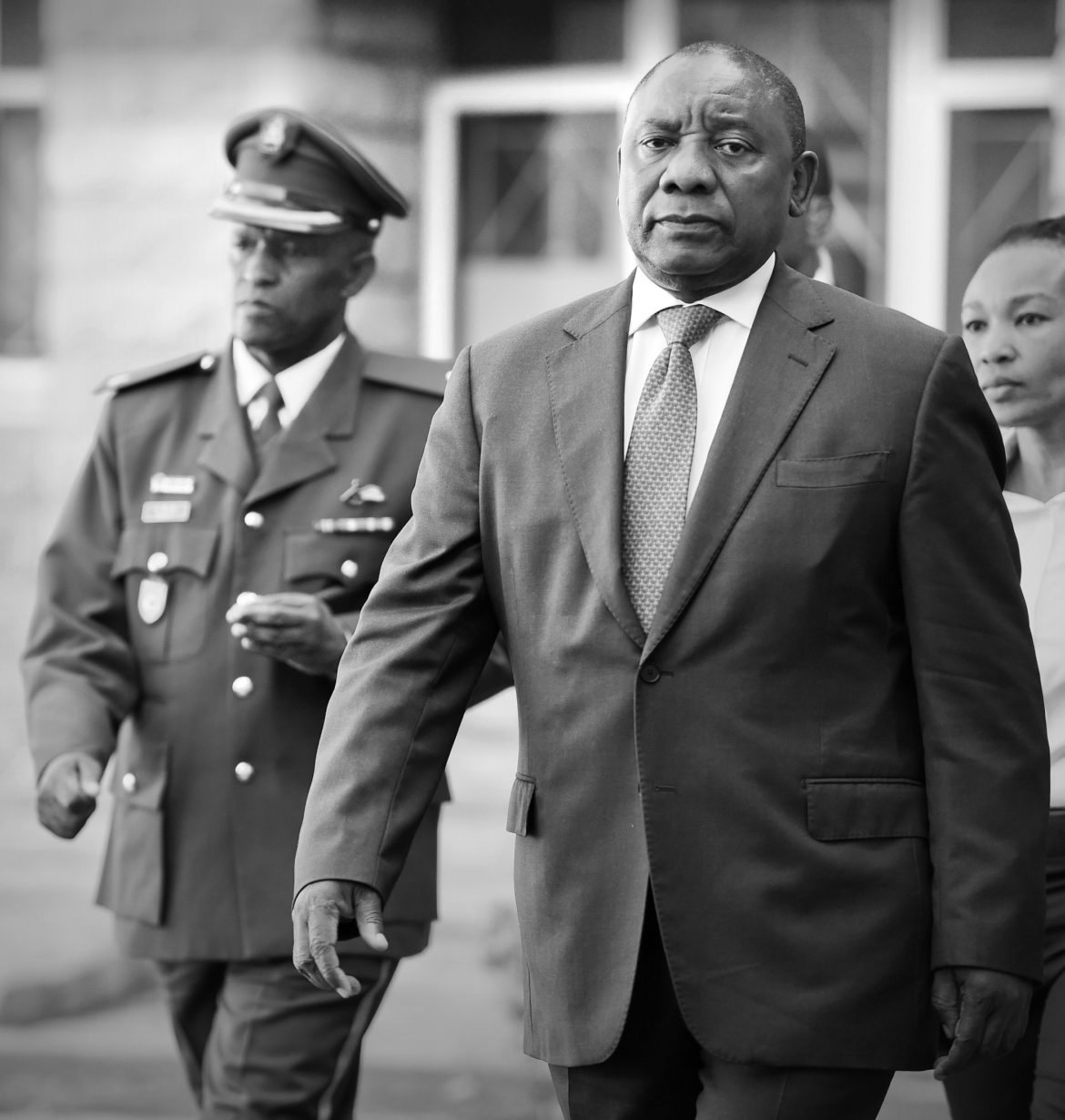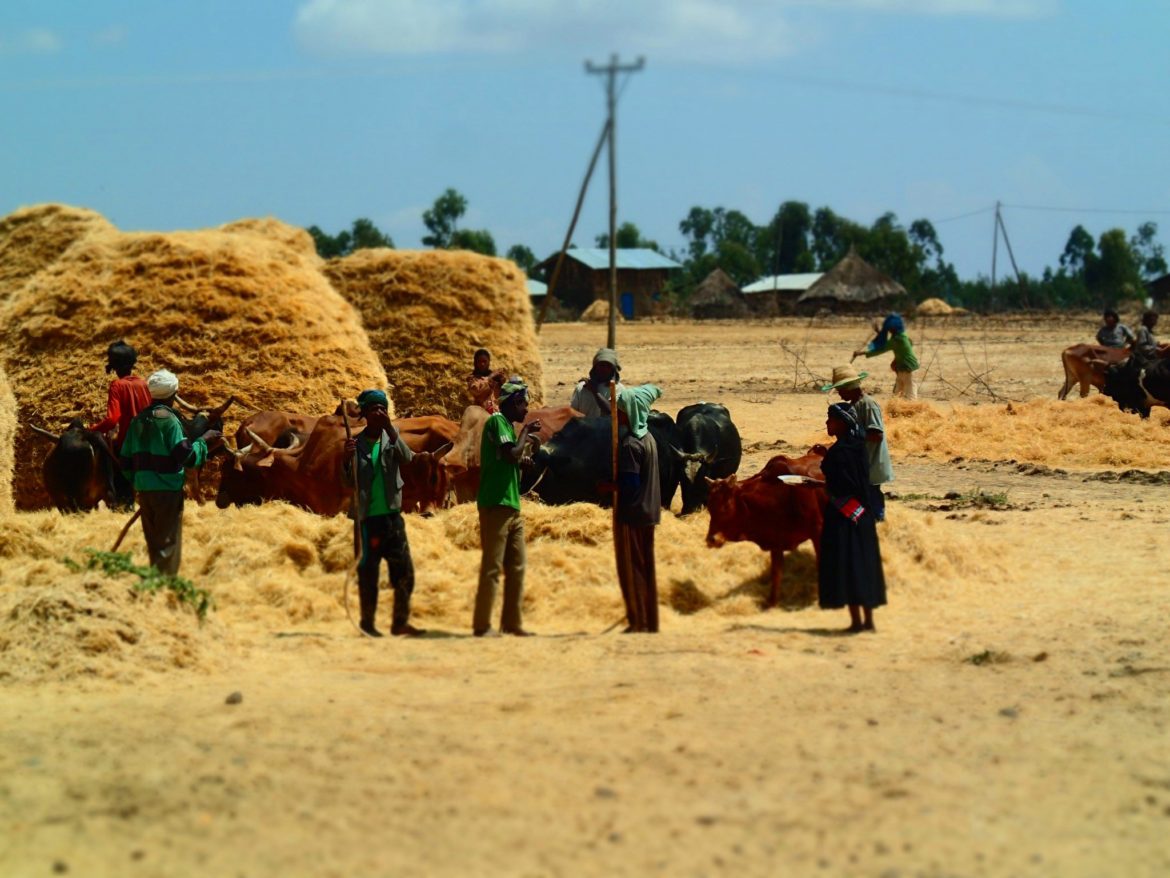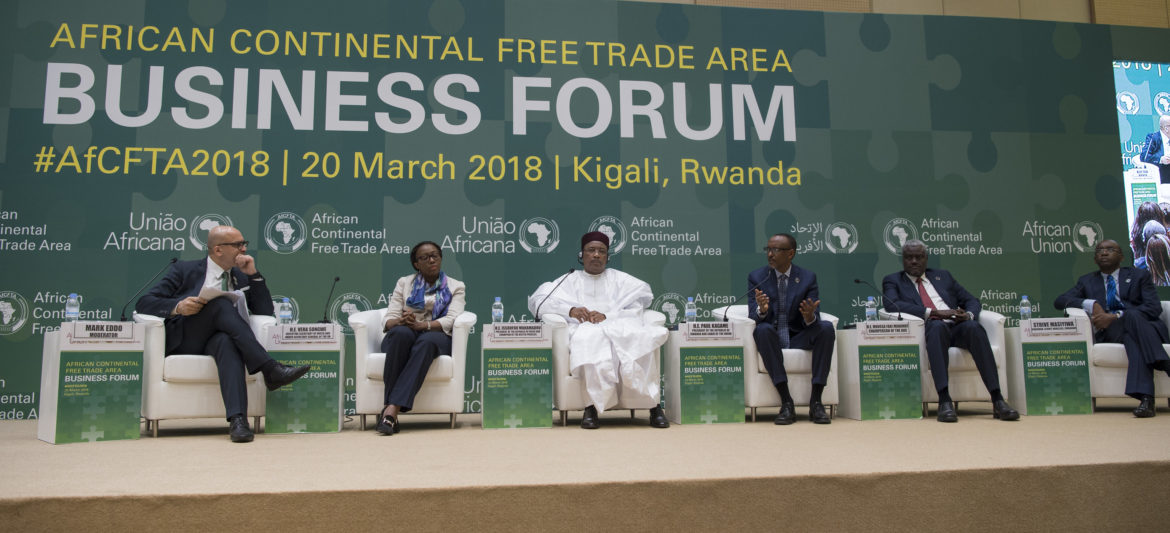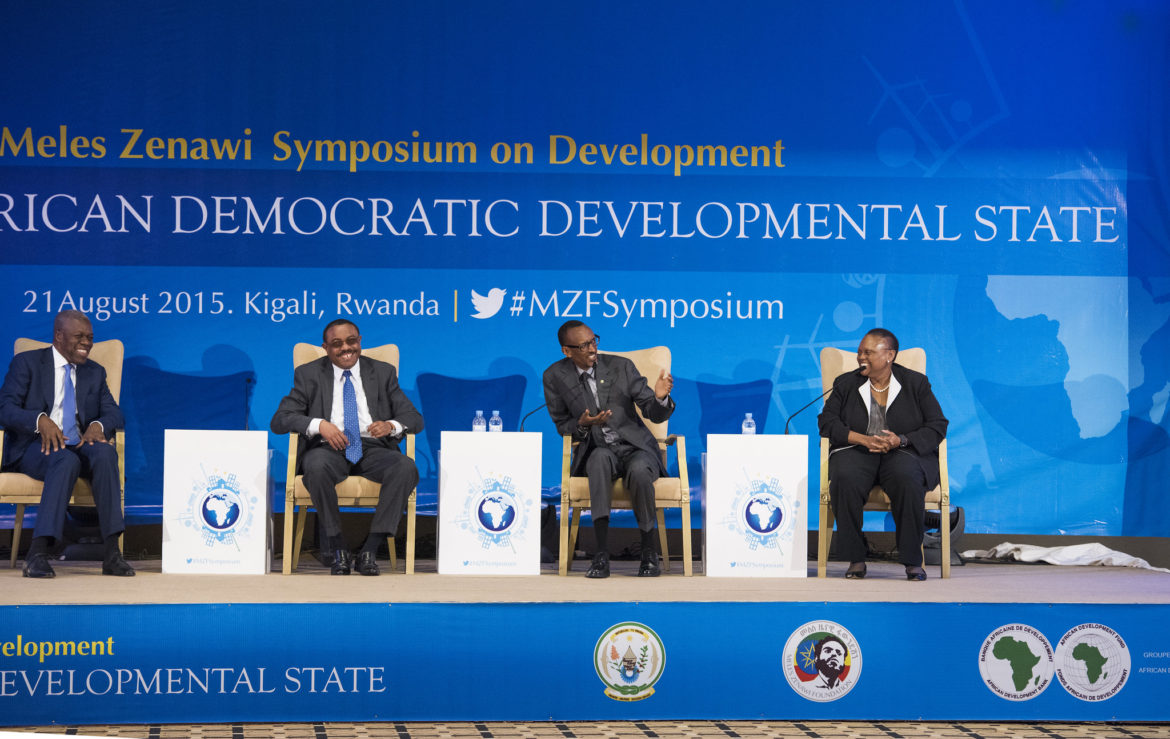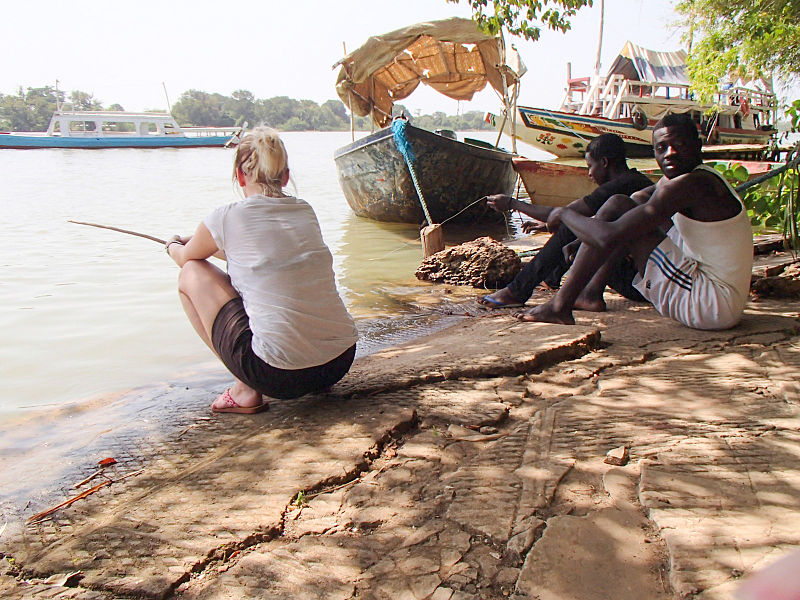William Gilbert
William Gilbert is in his fourth year at McGill University, pursuing a B.A. Joint Honors in Political Science and International Development. He is a staff writer for Catalyst. He is particularly interested in structural transformation for economic development in Sub-Saharan Africa.
Investigating Botswana's success with development can reveal its nuanced history and warn us about what lessons to take from it, especially considering that policies which work in certain contexts may fail in others.
We Should Pay Poor Countries to Keep Oil in the Ground
While certain countries are resource-rich in oil and gas, they face a dilemma amidst increasing calls for decarbonization. Developed countries are urging their neighbors, even the poorest, to transition towards a green economy through bold emissions targets aimed at bypassing the climate crisis.
In U.S.-Cuba Relations, Both Sides Must Reform
Many have denounced the counterproductive nature of American foreign policy towards Cuba and its people. In fact, the policy remains one of the most nonsensical and severe policies of the United States, one passed on through numerous administrations out of … Continue reading
The ANC’s Policy Incoherence Threatens South Africa’s Future
If the country is to solve the legacies of Apartheid, like massive inequality, underdevelopment, weak governance, and insecurity, the ANC must rectify its incoherent cadre deployment lest the country continue on a path of instability and uncertainty.
The War in Ukraine is Spurring on Ethiopia’s Goal of Food Self-Sufficiency
The invasion of Ukraine has demonstrated the fragility of global supply chains and the risks of over-reliance on a few countries for goods as essential as food. Ethiopia’s efforts to increase its output of wheat is a part of a larger movement in Africa to ensure food security.
Africa’s New Trade Agreement: One Year On
By 2021, a broad framework of the agreement had finally been formulated and trade began the same year– the African Continental Free Trade Agreement (AfCFTA) was now in force. Now a year into the effective implementation of only some of the key aspects of the deal, the future remains turbulent and uncertain for a complete and harmonious application of the deal’s core principles and general spirit.
A “Developmental Opportunity” for Africa
Post-pandemic populism is an opportunity for African leaders to implement a previously repressed state-directed economic development approach while upholding the virtues of democracy, including equity and justice.
Gambians Deserve an Equitable Post-Pandemic Society
Clearly, the economic and democratic problems that The Gambia faces in this nearly post-pandemic environment are significant. What are some possible solutions?

